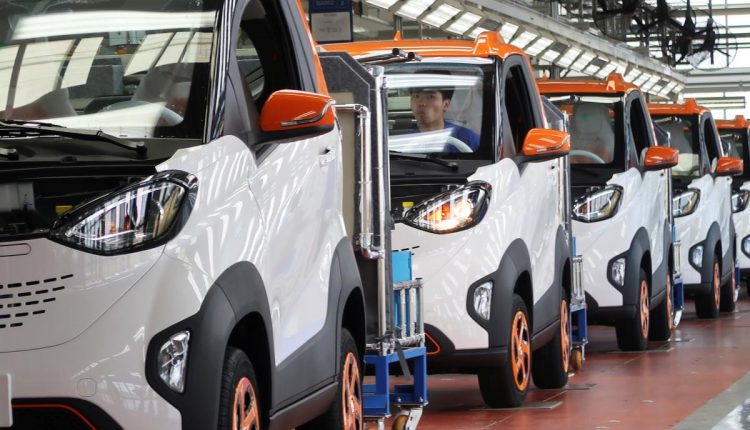The Electric Vehicle (EV) policy has been under review for quite some time now as all the stakeholders of the local auto industry are trying to reach a consensus. The worsening situation of the Coronavirus pandemic has resulted in the auto sector performing poorly. The lockdown implemented by the government to reduce the spread of the COVID-19 has resulted in low sales figures for auto manufacturers.
Dealerships are closed, and new bookings are currently on hold indefinitely. In this difficult situation, local auto manufacturers are asking the government to put the EV policy on hold for another year. This is due to the uncertainty that the auto industry is currently facing. Trying to implement a new policy now will not be beneficial to all the stakeholders. Moreover, EVs will also not have a huge demand this year as the economy is on the verge of a recession.
Major Japanese auto manufacturers like Pak Suzuki and Honda Atlas have expressed to the Engineering Development Board (EDB) to postpone the implementation of the new electric and hybrid policy. This policy was originally meant for the period of 2020-2025. Both Japanese manufacturers have asked for the delay separately from the EDB. These local auto manufacturers are demanding the same policies for both hybrid and electric cars. This is because both electric and hybrid technologies are new and require significant investment. These incentive policies will ease the implementation of new technologies in the local auto sector.
With a successful EV policy, the government can experience an increase in revenue, technical growth of the auto sector, and increased employment. Tariff rates are also under review for SUVs, cars, and commercial vehicles. Auto Industry Development Committee is mulling over these rates. Major automakers like Suzuki and Honda also want these tariff rates to be the same for both hybrid and electric cars. Pakistan is not currently manufacturing hybrid cars, and it will be beneficial for the consumers if they are made locally.
Previously, there was a tussle between the Ministry of Climate Change and Industries and Production Division to draft the EV policy. Based on the Rules of Business, the power is now given to the Industries Division by the Federal Cabinet. This is because this role closely matches that of the Industries Division. The delay in the implementation of the EV policy will provide the auto sector to recover from current shocks due to economic meltdown and the dip in demand. The auto sector was already in deep waters due to a number of reasons, even before the Coronavirus pandemic struck Pakistan. Higher taxation, devaluation of Rupee, and a rapid reduction in demand.
Read about the previous development on EV policy
Stay tuned for more information on the EV policy and drop your thoughts in the comments section below.


